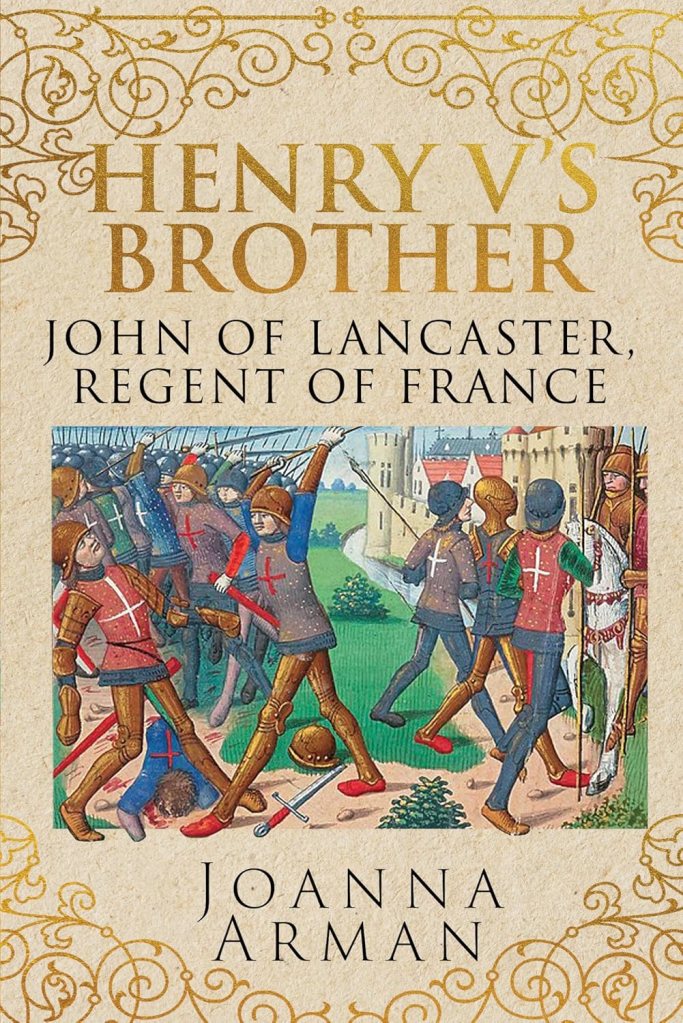
Magna Carta clause 39: No man shall be taken, imprisoned, outlawed, banished or in any way destroyed, nor will we proceed against or prosecute him, except by the lawful judgement of his peers or by the law of the land.
This clause in Magna Carta was in response to the appalling imprisonment and starvation of Matilda de Braose, the wife of one of King John’s barons. Matilda was not the only woman who influenced, or was influenced by, the 1215 Charter of Liberties, now known as Magna Carta. Women from many of the great families of England were affected by the far-reaching legacy of Magna Carta, from their experiences in the civil war and as hostages, to calling on its use to protect their property and rights as widows. Ladies of Magna Carta looks into the relationships – through marriage and blood – of the various noble families and how they were affected by the Barons’ Wars, Magna Carta and its aftermath; the bonds that were formed and those that were broken.
Including the royal families of England and Scotland, the Marshals, the Warennes, the Braoses and more, Ladies of Magna Carta focuses on the roles played by the women of the great families whose influences and experiences have reached far beyond the thirteenth century.

Sharon Bennett Connolly’s third and latest book is somewhat similar to her others in one sense. It focuses on women in history, and recounts the eventful lives of several Medieval women, some prominent, others unknown and largely forgotten.
This book focuses on the Magna Carta, the legendary document considered be the foundation of democracy and the constitution in England (and across the world). Only three clauses specifically mention women, and of these, none are mentioned by name. Yet there were many women who were effected by or many have lived in the shadow of the Magna Carta.
There was Matilda de Braose, a noblewoman who accused King John of murdering his nephew, and whose terrible fate and that of her family may well have given rise to the famous Clauses 39 and 40 of the Great Charter that speaks of delaying rights, justice and that none should be arrested or imprisoned ‘except by lawful judgement of their peers and the law of the land.
Some women defied expectations of their time, and of what modern people believe about Medieval people. Nicola de la Haye, defender of Lincoln castle and sometime Sheriff of Lincoln is fast becoming a historical heroine of mine. Yet Nicola was also, interesting a lifelong loyalist of King John. Others were not so fortunate, like Isabella of Gloucester, the first wife of King John who had little freedom or control of her destiny.
The book brings all these women, as well as their husbands and children to life, recounting their stories in short but concise chapters, and explaining their legacy, significance to the period and how some women like Eleanor de Montfort and Isabel D’Aubigny used the charter to fight for their rights and for political reform. Politically aware and legally savvy women were not the exceptions in Medieval England that we tend to think, and which is something which my own research has borne out.
A transcription of the Magna Carta and the 1217 Charter of the Forest makes this fascinating book into a valuable reference book as well.
My thanks to Rosie Crofts of Pen and Sword books for allowing me to be part of this Blog Tour and sending me a copy of the book. I was not required to leave a review, and this did not influence my opinions which are entirely my own.


Leave a comment